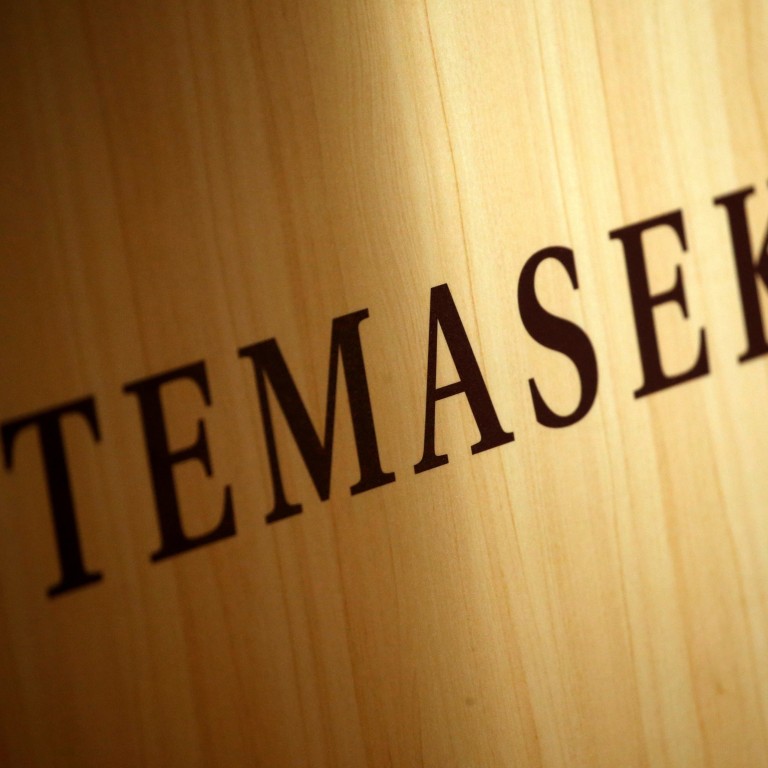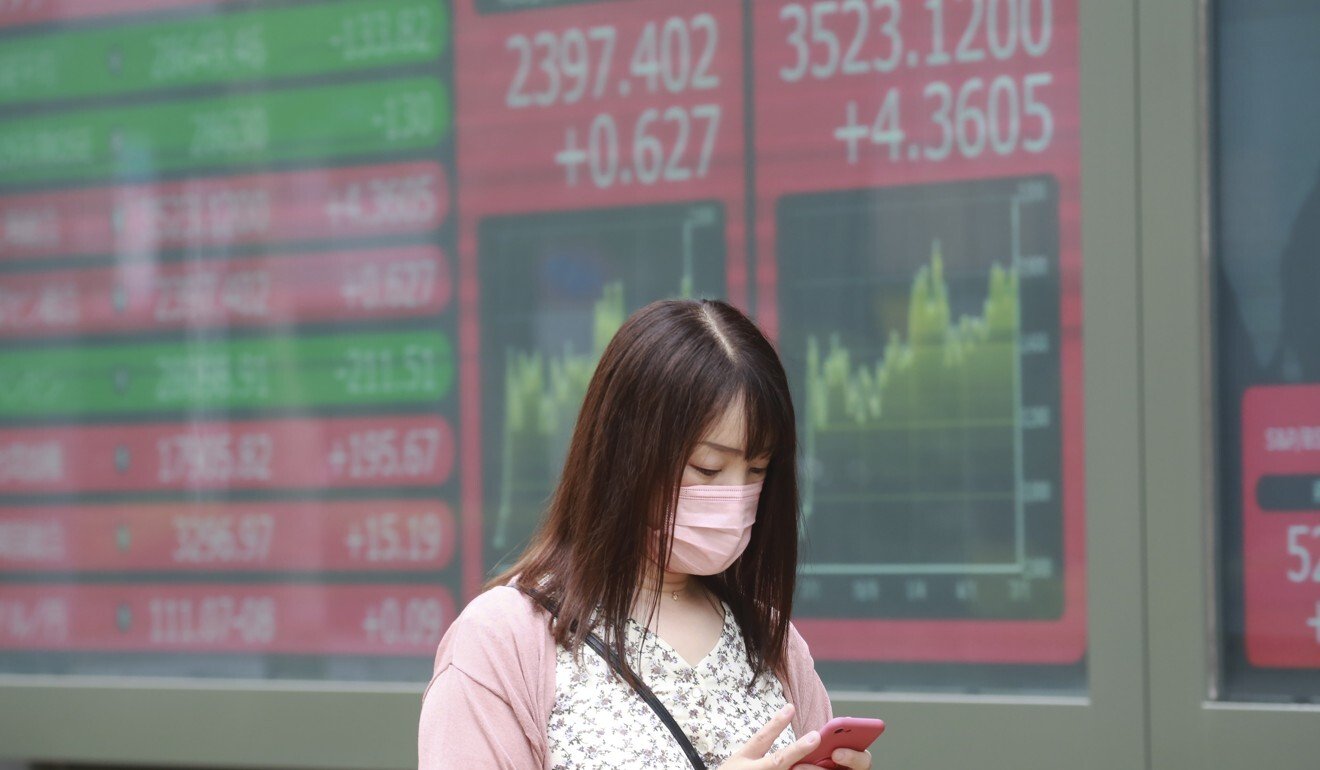
Singapore’s Temasek reports record portfolio rise to US$282 billion amid pandemic
- Executives told a news conference the gains were powered by a global equities rally and the public listing of some of its holdings
- Unlike many state investors, most of Temasek’s investments are in equities, with unlisted assets making up 45 per cent of its total portfolio
The increase in its portfolio value was the highest in a decade and came after a 2.2 per cent drop in the previous year, with the state investor notching up record investments and divestments in the latest year, Temasek executives told a news conference on Tuesday.
Chawla said the shift to work from home had generated demand for online services, payments, digital health and technology platforms, spurring some of Temasek’s privately held companies to go public.

Airbnb and food delivery firm Doordash were some of the investor’s portfolio firms that had public listings.
“The pandemic and recession presented a huge opportunity for sovereign wealth funds like Temasek with strong holding power to deploy their funds when markets sold off,” said Chua Hak Bin, economist at Maybank Kim Eng.
China’s antitrust watchdog punishes Alibaba, Tencent and Didi for merger irregularities
Temasek executives said these are unlikely to lead to any shift in Temasek’s investment strategy, and that they remained optimistic on opportunities in China and the companies.
“It’s not just in China that we are mindful of regulation and changing regulation. So I don’t believe it changes our stance on China in any way,” Chawla said. “We will continue to invest, we will consider regulation as it comes forth.”
Unlike many state investors, most of Temasek’s investments are in equities, with unlisted assets making up 45 per cent of its total portfolio.
After falling sharply in the first quarter of 2020 as Covid-19 broke out, global equities staged a powerful rally, with MSCI’s Asia shares ex-Japan index surging 55 per cent in the year to March 31, 2021 and Singapore’s Straits Times index rising 28 per cent.

Temasek’s key public holdings include DBS Group, China Construction Bank, Alibaba Group and Standard Chartered.
Temasek’s one-year total shareholder return rose to 24.53 per cent in the year to March, rebounding from a negative 2.28 per cent a year earlier.
The Americas once again accounted for the largest share of new investments made by Temasek last year, followed by Singapore and China.

